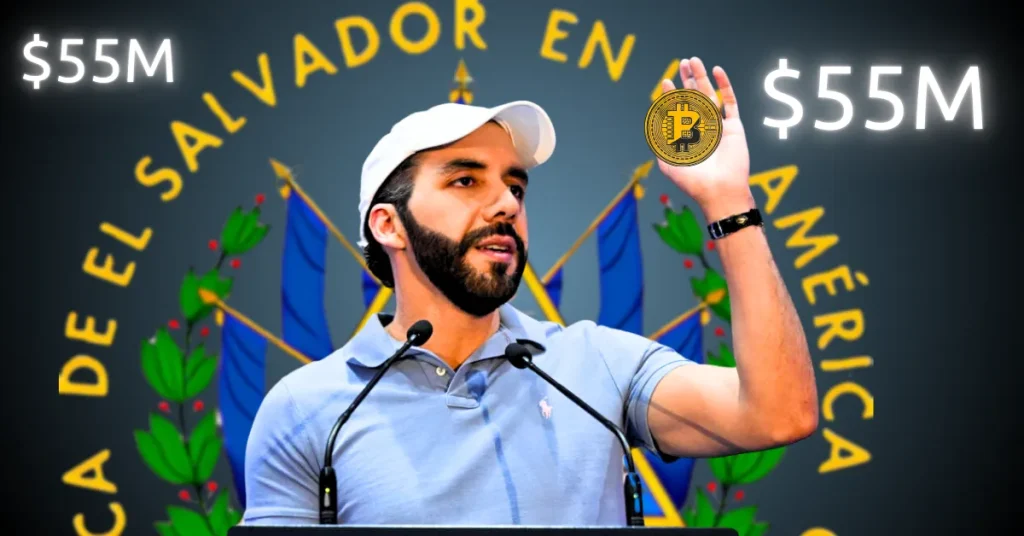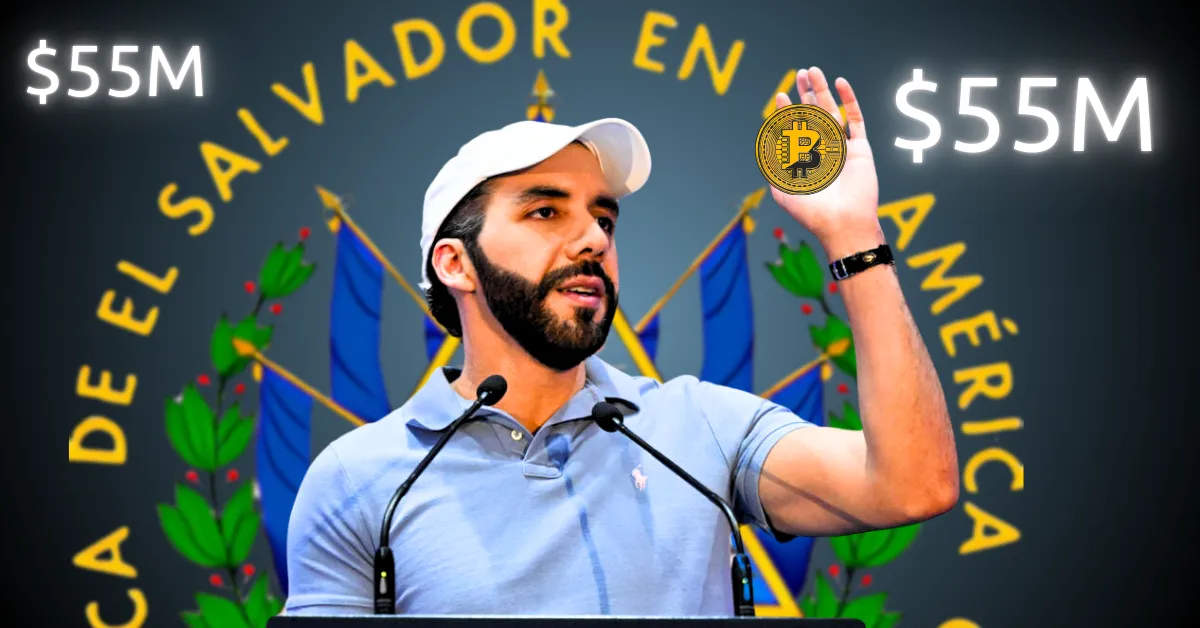
The Bitcoin Experiment: El Salvador’s U-Turn and the IMF’s Influence
A Bold Vision Meets Economic Reality
El Salvador’s decision to adopt Bitcoin as legal tender in 2021 was a bold move that captured global attention. President Nayib Bukele, known for his progressive and sometimes controversial policies, positioned Bitcoin as a solution to several economic challenges. The country aimed to reduce its dependence on the US dollar, lower remittance costs, and attract foreign investment. The “Chivo Wallet,” a government-backed digital wallet, was introduced to facilitate Bitcoin transactions, and citizens were incentivized with $30 worth of Bitcoin for signing up. The government also began purchasing Bitcoin, adding it to its national reserves. This aggressive adoption strategy turned El Salvador into a test case for cryptocurrency adoption on a national scale.
However, the initial enthusiasm quickly gave way to economic realities. Bitcoin’s volatility led to substantial paper losses for the country’s holdings. More importantly, adoption among Salvadorans remained low. A significant portion of the population lacked access to smartphones or reliable internet, making it difficult for them to use the Chivo Wallet. Additionally, many citizens were wary of Bitcoin due to its price fluctuations and a general lack of understanding about cryptocurrency. By 2024, surveys indicated a sharp decline in Bitcoin usage among Salvadorans, highlighting the gap between the government’s vision and public acceptance.
The IMF’s Influence and Economic Pressures
By late 2024, El Salvador faced mounting economic pressures. The country needed to secure external financing to meet its debt obligations and address other pressing economic needs. The International Monetary Fund (IMF) emerged as a potential lender, but with conditions. The IMF expressed serious concerns about El Salvador’s Bitcoin policy, citing its risks to financial stability, transparency, and regulatory compliance. Negotiations between El Salvador and the IMF were intense, with the IMF making it clear that any loan agreement would be contingent on El Salvador scaling back its involvement with Bitcoin.
The IMF’s intervention marked a significant turning point in El Salvador’s Bitcoin experiment. The country’s decision to halt Bitcoin purchases and roll back the Bitcoin mandate was a direct response to the IMF’s pressure. This shift signaled a pragmatic retreat from the more ambitious goals of the initial Bitcoin adoption strategy. The government’s decision to prioritize financial stability over continuing its aggressive Bitcoin accumulation strategy highlighted the challenges of implementing such a policy without careful planning and realistic expectations.
The Rollback: Bitcoin’s Diminished Role
Beyond halting Bitcoin purchases, El Salvador also took steps to diminish Bitcoin’s role as legal tender. While not completely abandoning Bitcoin, the government rolled back the “Bitcoin mandate,” effectively removing the requirement for businesses to accept it as payment. This move further undermined Bitcoin’s adoption and acceptance within the country. The decision to roll back the Bitcoin mandate was likely driven by a combination of factors, including the IMF’s pressure, the low adoption rate among Salvadorans, and the practical difficulties of implementing a parallel currency system.
The rollback of the Bitcoin mandate marked a significant shift in El Salvador’s economic policy. It represented a tacit admission that the Bitcoin experiment was not delivering the expected economic benefits and that the country needed to prioritize its financial stability. The decision to scale back Bitcoin’s role as legal tender highlighted the challenges of implementing a parallel currency system without widespread financial literacy and robust regulatory frameworks.
Broader Implications and Lessons Learned
El Salvador’s experience with Bitcoin has broader implications for other countries considering adopting cryptocurrency as legal tender. It highlights the challenges of implementing such a policy, including the need for widespread financial literacy, robust regulatory frameworks, and careful management of risks. It also underscores the influence of international financial institutions like the IMF, which can exert significant pressure on countries to align their policies with global standards.
Furthermore, El Salvador’s case serves as a cautionary tale about the potential for political motivations to influence economic policy. Bukele’s decision to adopt Bitcoin was arguably driven, at least in part, by a desire to project an image of innovation and progress. However, the lack of careful planning and the failure to address the practical challenges of adoption ultimately undermined the initiative. The experience of El Salvador offers valuable lessons for other countries considering similar initiatives. It demonstrates the importance of thorough planning, realistic expectations, and a clear understanding of the risks and challenges associated with cryptocurrency adoption.
Conclusion: A Lesson Learned?
El Salvador’s Bitcoin experiment, once hailed as a revolutionary step towards financial innovation, has largely faltered. The country’s decision to halt Bitcoin purchases and roll back the Bitcoin mandate marks a significant U-turn, driven by economic realities and pressure from the IMF. While Bitcoin may continue to exist in El Salvador, its role as a central pillar of the country’s economic strategy has been significantly diminished.
The experience of El Salvador offers valuable lessons for other countries considering similar initiatives. It demonstrates the importance of thorough planning, realistic expectations, and a clear understanding of the risks and challenges associated with cryptocurrency adoption. It also highlights the critical role of international financial institutions in shaping economic policy, particularly in developing countries. Whether El Salvador’s experiment will ultimately be viewed as a failed gamble or a valuable learning experience remains to be seen, but one thing is clear: the path to widespread cryptocurrency adoption is far more complex than initially imagined.





